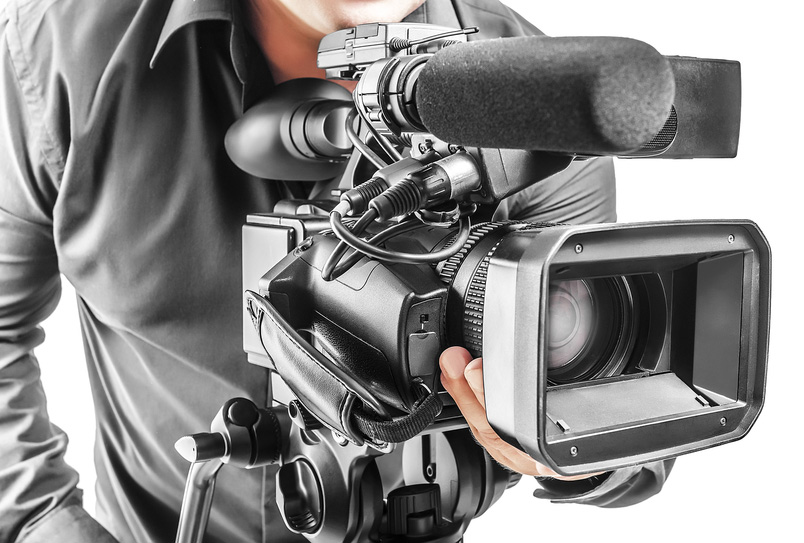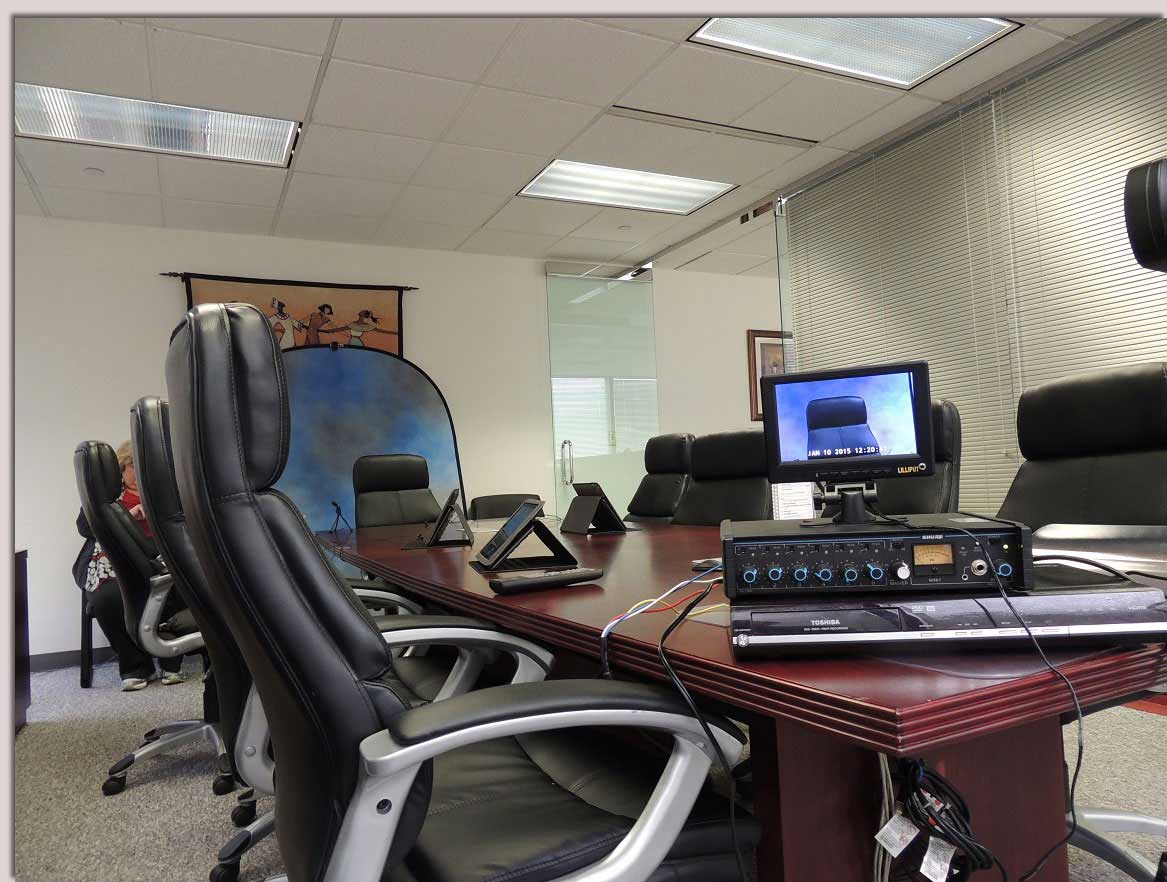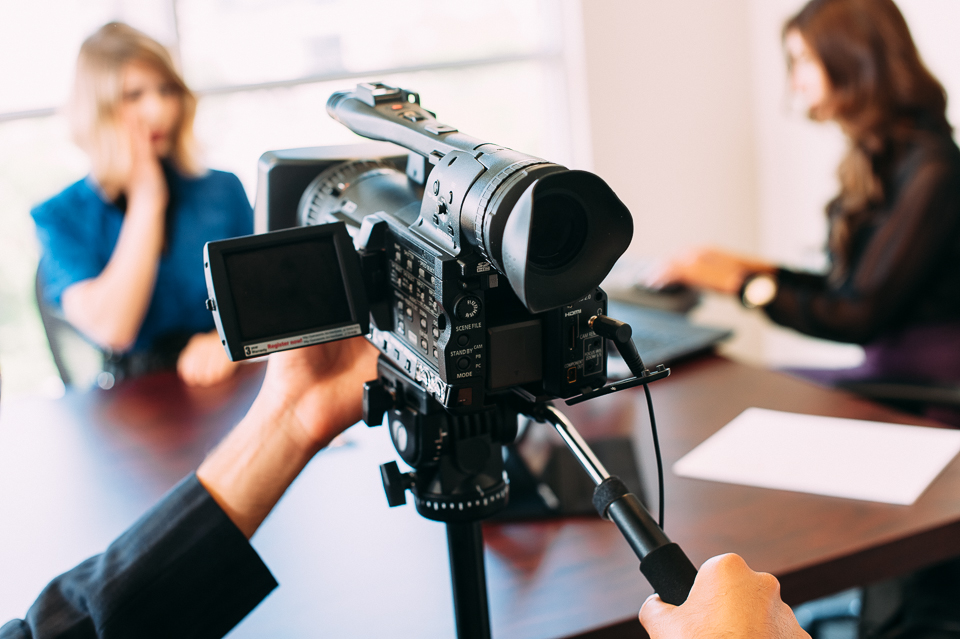Affordable Legal Videography Solutions for Cases.
Affordable Legal Videography Solutions for Cases.
Blog Article
The Role of Legal Videography in Depositions and Trials
Legal videography has arised as an essential device in both depositions and tests, giving a complex technique to documenting witness statements. As legal specialists significantly acknowledge its value, it prompts a much deeper exam of exactly how these visual records can affect juror perceptions and trial results.
Significance of Legal Videography
Lawful videography plays a crucial function in the documentation and discussion of depositions and tests. This specific area integrates technical abilities with legal knowledge to develop a trusted document of proceedings that can dramatically influence case end results. The appearance of legal videography boosts the understanding of witness statement, allowing jurors and courts to observe not only the talked words but additionally the demeanor, emotions, and body language of the witnesses.

The importance of lawful videography prolongs beyond the court room; it additionally plays a crucial role in maintaining proof for future recommendation, whether for appeals or more lawful action. As such, its assimilation into the lawful procedure is important for ensuring a reasonable and accurate depiction of the truths, ultimately adding to the quest of justice.

Process of Legal Videography
While recording the subtleties of depositions and trials, the process of lawful videography entails several vital actions that ensure top notch, exact recordings. Initially, an expert legal videographer prepares by reviewing the case products and comprehending the particular requirements of the deposition or test. This preparation includes acquainting themselves with the participants and the context, which aids in catching significant information.
On the day of the recording, the videographer establishes up the essential tools, which typically consists of high-def video cameras, microphones, and proper lighting. Guaranteeing optimal angles and sound quality is crucial, as it directly influences the efficiency of the recording. The videographer interacts with attorneys and participants to establish methods, making certain that every person comprehends the recording process.
During the deposition or test, the videographer meticulously videotapes the process, paying very close attention to both verbal and non-verbal signs. legal videography. This consists of catching the behavior and reactions of witnesses and attorneys. After the session ends, the videographer may edit the video for quality and compliance with lawful criteria, creating a final item that accurately shows the process for future reference and use in legal contexts
Benefits in Depositions
The unification of videography in depositions uses various benefits that improve the overall procedure of gathering proof. One key benefit is the capacity to catch witness testimonies with aesthetic and auditory integrity, offering an extra precise depiction company website of the witness's attitude, tone, and body language. This multidimensional strategy allows lawyers and juries to examine reputation a lot more efficiently than typical written transcripts alone.
In addition, videographed depositions act as an effective device for preserving testament. Should a witness ended up being not available for test, their tape-recorded deposition can be played in court, making certain that their evidence stays accessible and appropriate. This facet considerably minimizes the threat of losing vital details that might affect situation end results.
Furthermore, making use of lawful videography advertises far better preparation for attorneys. Examining video clip footage allows legal teams to examine and improve their strategies, recognizing toughness and weaknesses in their situations. This primary benefit can bring about even more engaging presentations in court.
Lastly, videography improves the general professionalism of the deposition procedure, instilling confidence in clients relating to the thoroughness of their lawful depiction. By leveraging modern technology, attorneys can significantly improve the effectiveness of Full Report depositions.
Effect On Trials
In numerous trials, the integration of videography can considerably influence the presentation of evidence and the jury's perception. Lawful videography captures witness testimonies and vital evidence in a dynamic format, allowing jurors to involve with the product on numerous levels. This visual element improves the storytelling element of a trial, providing context and emotional vibration that typical text-based proof may lack.
Furthermore, video recordings can function as effective tools for impeachment during cross-examination. When inconsistencies emerge in between a witness's prior declarations and their court room testimony, video clip proof offers an unbiased reference that can guide jurors' opinions. This immediacy and clearness can strengthen the credibility of a celebration's story while at the same time undermining opposing debates.
Furthermore, the use of videography can aid enhance complex details, making it a lot more available to jurors that may struggle to comprehend intricate information provided solely via verbal testament. By combining visuals with acoustic information, lawful videography can improve retention and understanding, eventually affecting the read the article jury's decision-making procedure. The impact of videography in tests expands past simple aesthetic appeals; it plays a crucial duty in shaping the lawful landscape and outcomes.
Future Trends in Legal Videography
As we look toward the future of lawful videography, numerous emerging patterns assure to reshape its duty within the courtroom. One considerable pattern is the assimilation of expert system (AI) in video clip evaluation and editing - legal videography. AI can improve the procedure of recognizing key moments in taped depositions, permitting attorneys to rapidly access appropriate web content, thereby enhancing effectiveness in situation prep work
In addition, the rise of virtual reality (VR) and enhanced truth (AR) innovations is anticipated to transform how jurors experience evidence. By immersing jurors in a simulated atmosphere, these innovations can supply a much more extensive understanding of complicated situations, causing even more educated considerations.

Furthermore, the boosting need for remote depositions, sped up by the COVID-19 pandemic, will likely continue. Legal videographers will need to adjust to brand-new software application and platforms to guarantee top notch recordings in online settings.
Lastly, the expanding focus on data protection will necessitate more stringent methods for saving and sharing video clip evidence. As the legal landscape advances, lawful videographers should remain abreast of these fads to preserve their relevance and performance in the judicial process.

Conclusion
In recap, legal videography serves an important feature in the judicial process, improving the honesty of depositions and trials. By catching the subtleties of witness statements, this tool not just protects essential evidence yet also aids in offering information efficiently to jurors. The relevance of visual paperwork in reviewing trustworthiness and promoting cross-examination can not be overstated. As innovation remains to evolve, legal videography is poised to additional change its duty within the lawful landscape.
Report this page